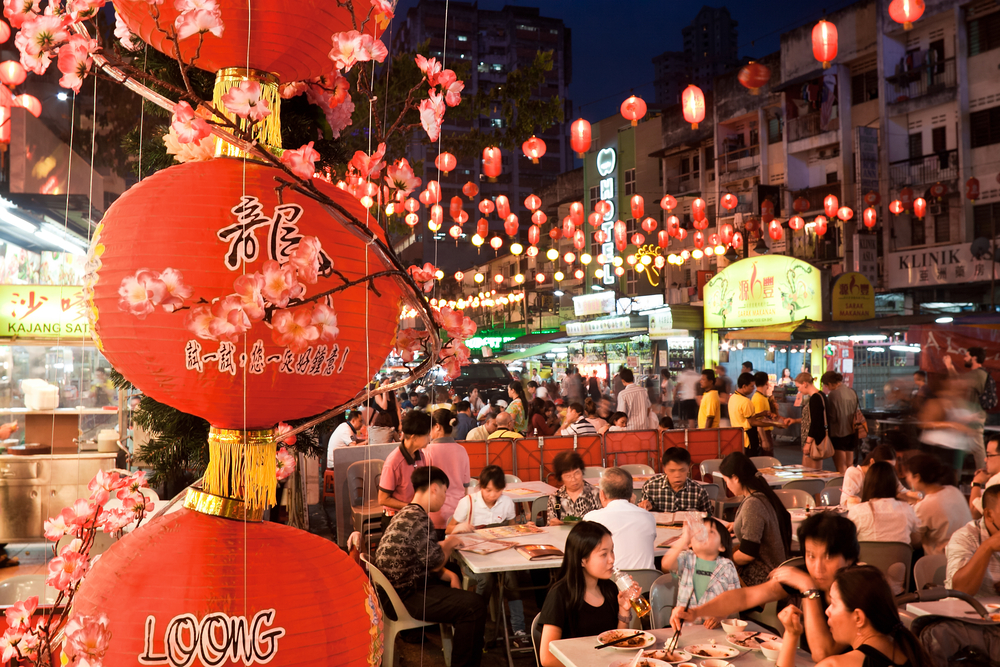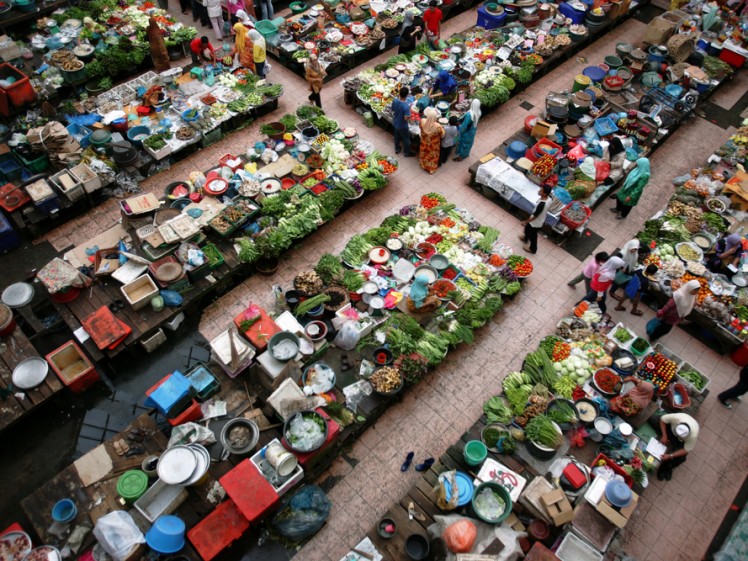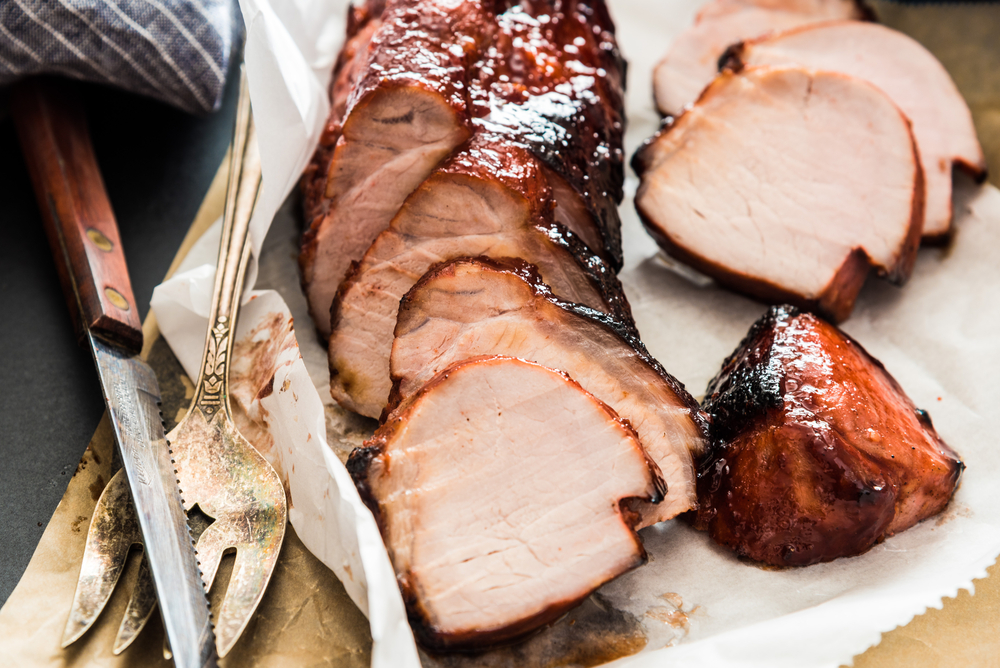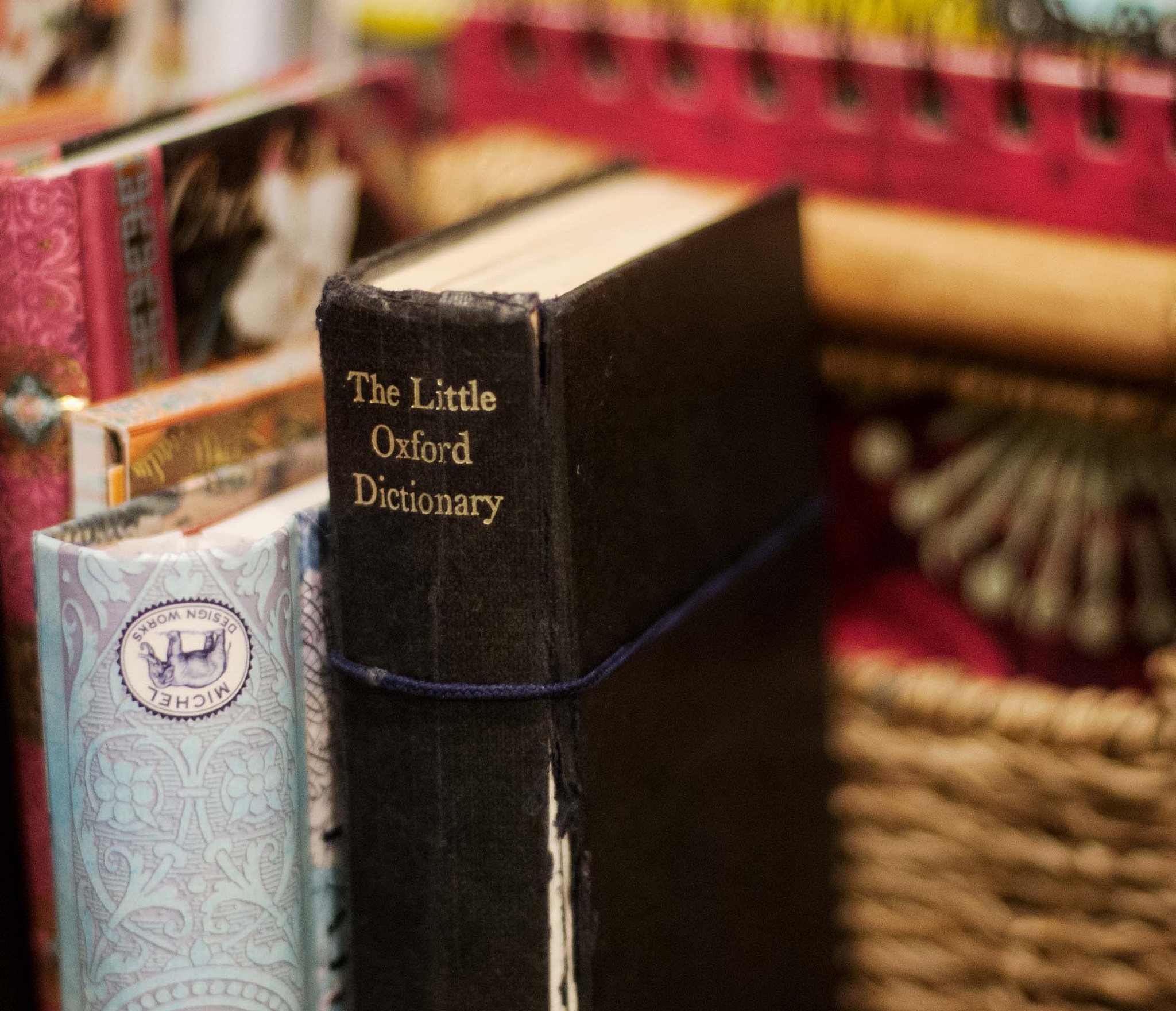Southeast Asia’s influence across the world has increased further as the Oxford English Dictionary (OED) recently added 32 Asian words to the English dictionary; 19 from Singapore English and 13 from Hong Kong English.
Since Singapore and Malaysia share the same history up to 1963, many of the words the OED described as Singaporean are also terms used quite often used in Malaysia. Many Malaysians will surely recall being chided by their Grammar Police friend (we all have one) telling them that ‘lepaking’ is not a word and that the use of ‘blur’ is inaccurate.
Well, not any more!

Here’s a list of the recent additions to the OED, words that many people in Malaysia use quite often:
1. Ang moh
noun; Plural ang mohs
Definition: A light-skinned person, esp. of Western origin or descent; a Caucasian.
2. Char siu
noun
Definition: In Cantonese cookery; roast pork marinated in a sweet and savoury sauce, typically served sliced into thin strips.
3. Shiok
interjection
Definition: Expressing admiration or approval: ‘cool!’ ‘great!’
also, adjective
Definition: 1. Of food, a meal, etc.: delicious, superb. 2. As a general term of approval: admirable, enjoyable, excellent.
4. Lepak
noun
Definition: The practice of loitering aimlessly or idly; loafing, relaxing, hanging out.
also, verb
Definition: To loiter aimlessly or idly; to loaf, relax, hang out. Also, lepaking, lepaked.
5. Sotong
noun
Definition: cuttlefish or squid.
6. Teh tarik
noun
Definition: Sweet tea with milk, prepared by pouring the liquid back and forth repeatedly between two containers so as to produce a thick foam on top; a drink of this.
7. Wah
interjection
Definition: Used (esp. at the beginning of a sentence) to express admiration, encouragement, delight, surprise, etc.
8. Yum cha
noun
Definition: a type of Chinese brunch.
Others
There’s also an existing word that received an added definition with a Southeast Asian twist:
9. Blur
adjective
Definition: Slow in understanding; unaware, ignorant, confused. Sometimes reduplicated for emphasis.

And there are existing English words used to describe specific Southeast Asian things, like:
10. Wet market
noun
Definition: S.E. Asian a market for the sale of fresh meat, fish, and produce.
11. Hawker centre
noun
Definition: a food market at which individual vendors sell cooked food from small stalls, with a shared seating area for customers.
Southeast Asia in the Oxford English Dictionary
Over the years, numerous Southeast Asian words have made their way into the English language. Words like rambutan, kris, kebaya, and hikayat were adopted into English as early as the 1700s. The OED website has an interactive timeline that takes you through all the Southeast Asian words that have been added into the dictionary, some words dating back to the 1500s!

Other Singapore English words that made the cut in the latest update:
- chilli crab
- Chinese helicopter
- HDB
- killer litter
- sabo
- sabo king
Hong Kong English words in the latest update:
- compensated dating
- dai pai dong
- kaifong
- guanxi
- lucky money
- sandwich class
- milk tea
- shroff
- sitting-out area
- siu mei
History of the Oxford English Dictionary

The definitive record of English words is the Oxford English Dictionary (but maybe not if you’re American). It has been around for over 150 years and has recorded over 600,000 words in the English language, and over 3 million quotations.
The first Oxford English Dictionary (OED) was published in 1888 by a group of scholars in London who were unhappy with existing dictionaries at the time, so they decided to come up with one of their own. Over the years, supplementary volumes were published, and it was only 101 years later that these supplementary volumes were combined with the original volume into a new, Second Edition in 1989, which also had 5,000 new entries.
Following that, three volumes of Additions to the Second Edition was published in 1993 and 1997. Now, the OED is being completely revised again to produce an updated Third Edition, which seeks to compile all the Additions, the Second Edition, and many new entries into one comprehensive volume.
"ExpatGo welcomes and encourages comments, input, and divergent opinions. However, we kindly request that you use suitable language in your comments, and refrain from any sort of personal attack, hate speech, or disparaging rhetoric. Comments not in line with this are subject to removal from the site. "
















